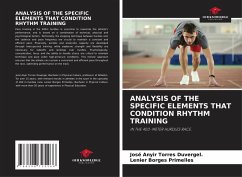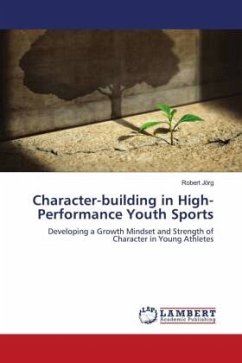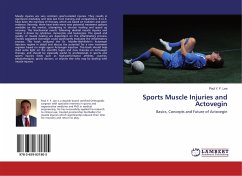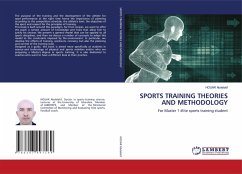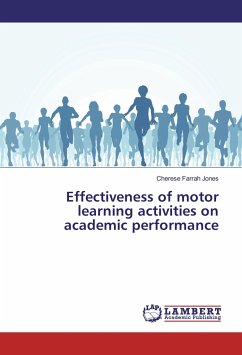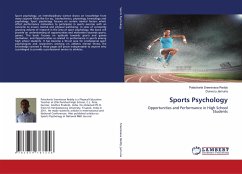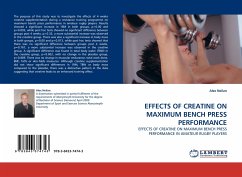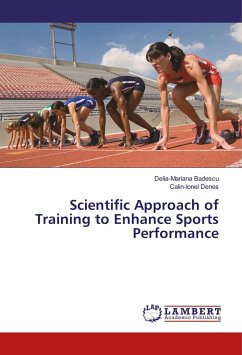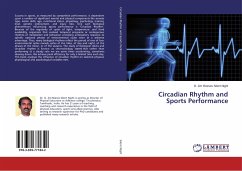
Circadian Rhythm and Sports Performance
Versandkostenfrei!
Versandfertig in 6-10 Tagen
51,99 €
inkl. MwSt.

PAYBACK Punkte
26 °P sammeln!
Success in sports, as measured by competitive performance, is dependent upon a number of significant mental and physical components like somato type, motor skills, age, nutritional status, physiology, psychology, training level, genetic endowment, and injury risks. One such biological phenomenon influencing sports performance is "Circadian Rhythm". Because of the regularity of cycles of light, temperature, and food availability, organisms that evolved temporal programs or endogenous rhythms of metabolism and behaviour providing anticipatory response to specific optional phases of environmental...
Success in sports, as measured by competitive performance, is dependent upon a number of significant mental and physical components like somato type, motor skills, age, nutritional status, physiology, psychology, training level, genetic endowment, and injury risks. One such biological phenomenon influencing sports performance is "Circadian Rhythm". Because of the regularity of cycles of light, temperature, and food availability, organisms that evolved temporal programs or endogenous rhythms of metabolism and behaviour providing anticipatory response to specific optional phases of environmental cycles were at a selective advantage. Thus, many biological rhythms reflect the period of one of four environmental cycles namely cycles of the tides, of day and night, of the phases of the moon, or of the seasons. The study of biological clocks and circadian rhythm is known as chronobiology stated that rather than performing at a steady rate we are some times accelerating, sometimes slowing down. We achieve peak efficiency for only a limited time each day. This book analyses the influence of circadian rhythm on selected physical, physiological and psychological variables men.



